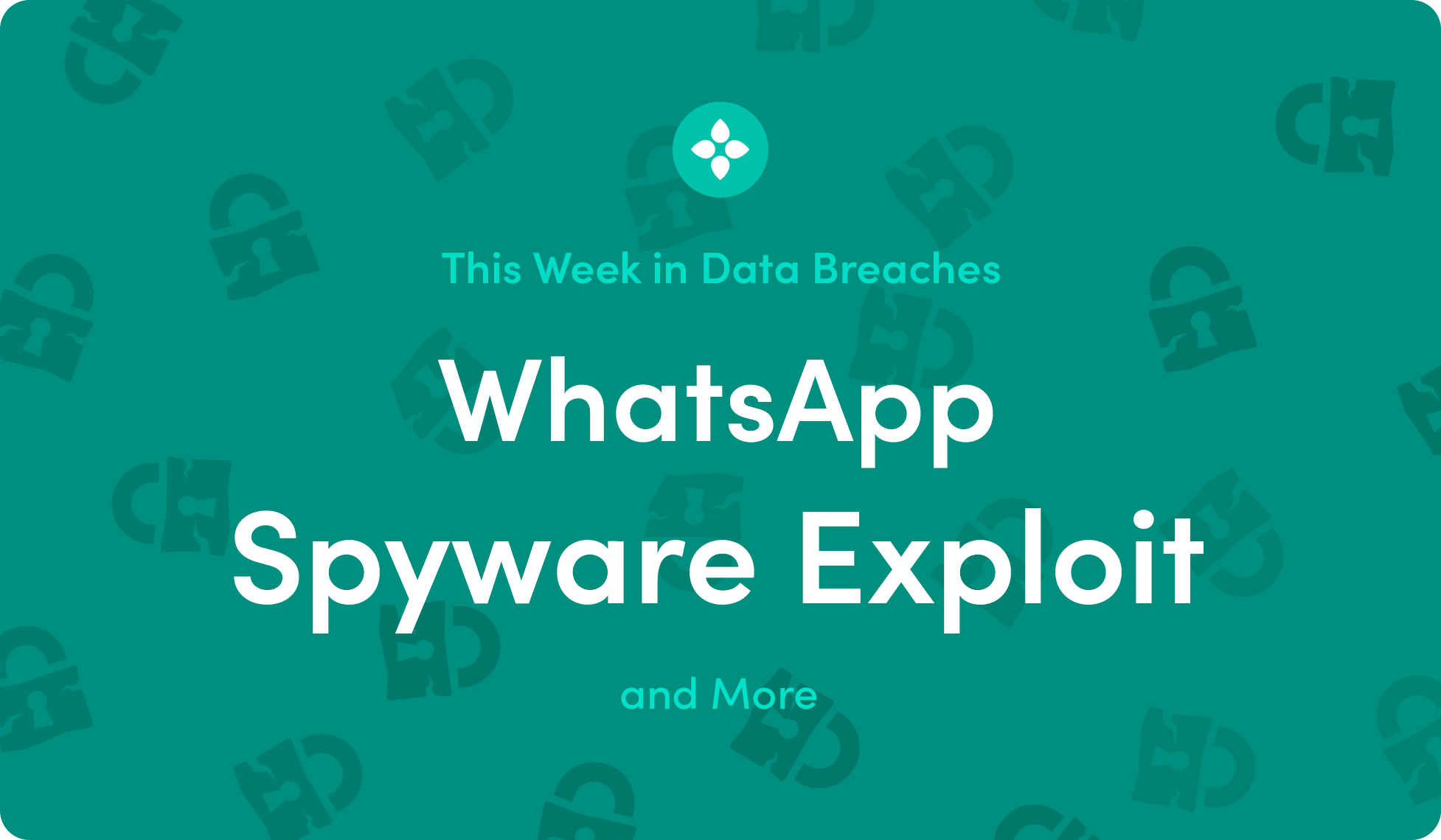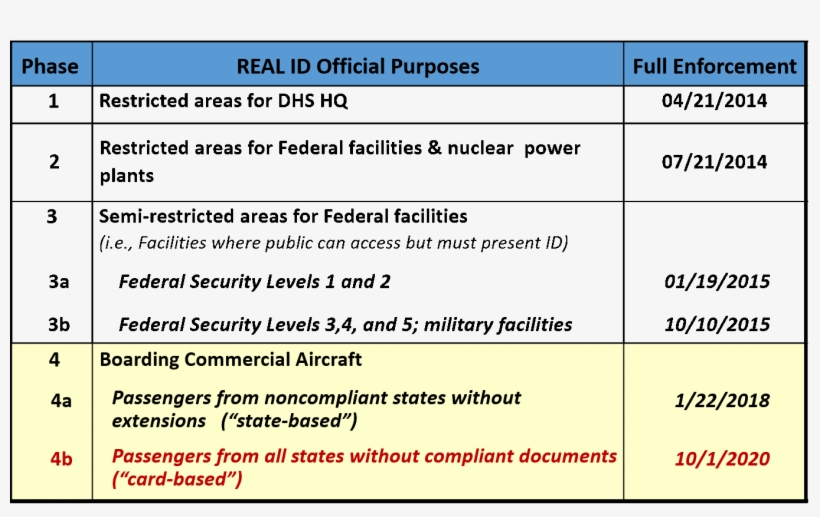The WhatsApp Spyware Case: Meta's $168 Million Verdict And Ongoing Concerns

Table of Contents
The NSO Group and Pegasus Spyware: A Deep Dive
The NSO Group is an Israeli cyber-intelligence company that develops and sells surveillance technology to governments worldwide. Their flagship product, Pegasus spyware, is a particularly insidious piece of malware capable of accessing virtually every aspect of a targeted smartphone. Pegasus exploits zero-click vulnerabilities, meaning it can infiltrate a device without the user ever needing to click a malicious link or download an infected file. This makes it incredibly difficult to detect and prevent.
- How Pegasus Works: Pegasus leverages vulnerabilities in operating systems to gain access to a target's device. Once inside, it can record calls, read messages, track location, access photos and videos, and even activate the device's microphone and camera remotely.
- Scale of the Breach: The WhatsApp spyware attack, uncovered in 2019, targeted approximately 1,400 individuals across multiple countries. These targets included journalists, human rights activists, and political figures, highlighting the potential for abuse of such powerful surveillance technology.
- Targeted Attacks: Pegasus is not a mass-market piece of malware. It is designed for targeted attacks against specific individuals, making it a powerful tool for state-sponsored surveillance and cyber warfare.
Meta's Legal Battle and the $168 Million Verdict
Meta (formerly Facebook), the parent company of WhatsApp, filed a lawsuit against the NSO Group in 2019, alleging that the company's Pegasus spyware was used to exploit a vulnerability in WhatsApp's messaging platform, allowing for the unauthorized surveillance of its users. The lawsuit highlighted the serious breach of user privacy and security.
After a protracted legal battle, the court ruled in favor of Meta, awarding them $168 million in damages. This verdict marked a significant victory for user privacy rights and sent a strong message to surveillance technology companies operating in a gray area of the law.
- Legal Arguments: Meta's case centered on the NSO Group's violation of US computer fraud laws and the company's intentional targeting of WhatsApp users. The evidence presented included detailed technical analysis of the spyware's functionality and the methods used to exploit the WhatsApp vulnerability.
- Significance of the Verdict: The $168 million verdict serves as a precedent-setting case, potentially impacting future legal actions against surveillance technology companies engaging in similar practices.
The Implications of the Verdict for the Tech Industry
The WhatsApp spyware case and the resulting $168 million verdict have significant implications for the broader tech industry. It underscores the need for greater accountability from technology companies regarding the security of their platforms and the potential misuse of their products.
- Impact on Surveillance Technology Companies: The verdict has placed increased scrutiny on other surveillance technology companies, leading to stricter internal reviews and potential changes in their operations.
- Changes in Regulation and Legislation: The case has fueled calls for increased regulation and legislation regarding the development, sale, and use of spyware technology, particularly in the context of human rights and national security. Discussions surrounding data privacy laws are becoming more intense globally.
- Strengthening Cybersecurity: The incident has highlighted the critical need for enhanced cybersecurity measures across all communication platforms. The tech industry is increasingly focusing on proactive security strategies to anticipate and mitigate future threats.
Ongoing Concerns and Future Threats
Despite the significant victory in the WhatsApp spyware case, the threat of spyware and similar technologies remains. Sophisticated cyberattacks constantly evolve, and protecting user data requires ongoing vigilance and adaptation.
- Examples of Ongoing Threats: New vulnerabilities are constantly being discovered in messaging apps and other software, leaving users susceptible to spyware. Zero-day exploits are particularly difficult to defend against.
- Difficulties in Detecting Spyware: Advanced spyware often operates covertly, making it incredibly difficult for users to detect its presence on their devices. Sophisticated anti-virus software can help, but even these programs are not foolproof.
- Need for Stronger Security Measures: Stronger end-to-end encryption, improved vulnerability patching processes, and increased user education are crucial in mitigating the ongoing risks associated with spyware.
Bullet Points:
- Continued development of more sophisticated spyware.
- The increasing use of AI and machine learning in cyberattacks.
- The potential for exploitation of new technologies like 5G and IoT devices.
Conclusion: The WhatsApp Spyware Case: A Call for Enhanced Security and Accountability
The WhatsApp spyware case, culminating in Meta's $168 million verdict against the NSO Group, underscores the critical importance of user privacy and data protection in the digital age. The case highlights the real-world consequences of inadequate security measures and the potential for abuse of powerful surveillance technologies. To move forward, we need greater accountability from both technology companies and governments. This includes proactive measures to improve the security of messaging platforms, stronger data privacy laws, and increased transparency surrounding data security practices. Understanding WhatsApp spyware risks is crucial, and we must all actively participate in improving WhatsApp security and protecting ourselves against WhatsApp spyware. Learn more about WhatsApp’s security features, advocate for stronger data privacy laws in your region, and demand greater transparency from tech companies. Only through collective action can we create a more secure and privacy-respecting digital environment.

Featured Posts
-
 An Honest Look At Judge Jeanine Pirros Life And Career At Fox News
May 10, 2025
An Honest Look At Judge Jeanine Pirros Life And Career At Fox News
May 10, 2025 -
 Edmonton School Construction 14 Projects To Proceed Rapidly
May 10, 2025
Edmonton School Construction 14 Projects To Proceed Rapidly
May 10, 2025 -
 Real Id Act Enforcement Summer Travel Guidance
May 10, 2025
Real Id Act Enforcement Summer Travel Guidance
May 10, 2025 -
 Harry Styles Response To A Hilariously Bad Snl Impression
May 10, 2025
Harry Styles Response To A Hilariously Bad Snl Impression
May 10, 2025 -
 Fusion Renaissance Modem Elisabeth Borne Clarifie La Ligne Politique
May 10, 2025
Fusion Renaissance Modem Elisabeth Borne Clarifie La Ligne Politique
May 10, 2025
